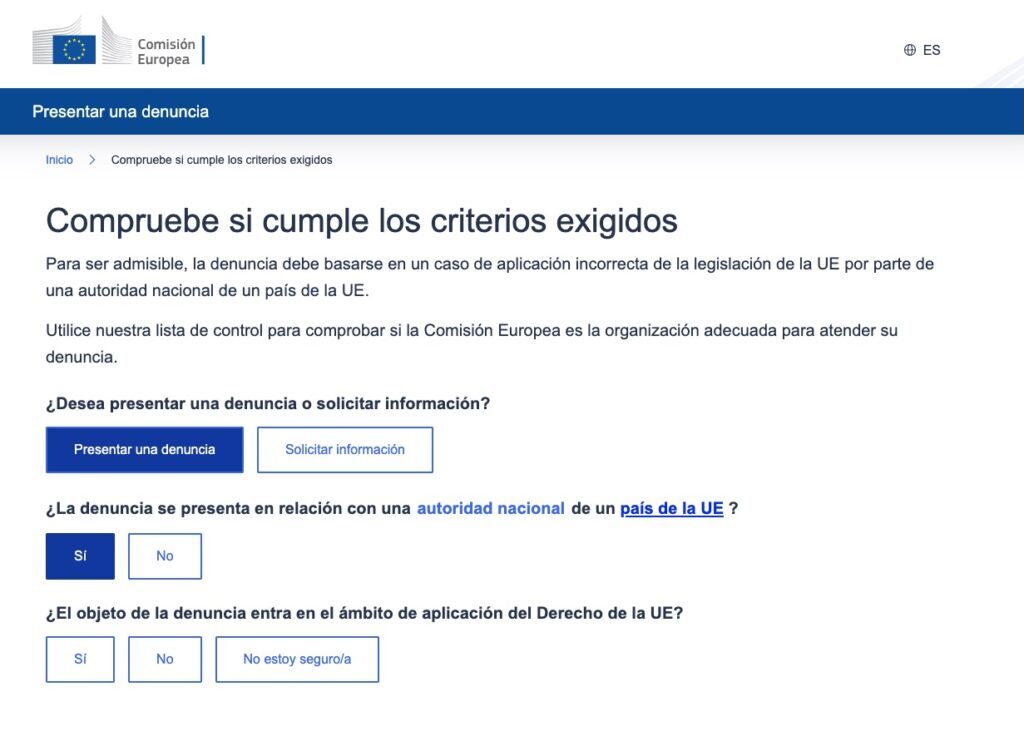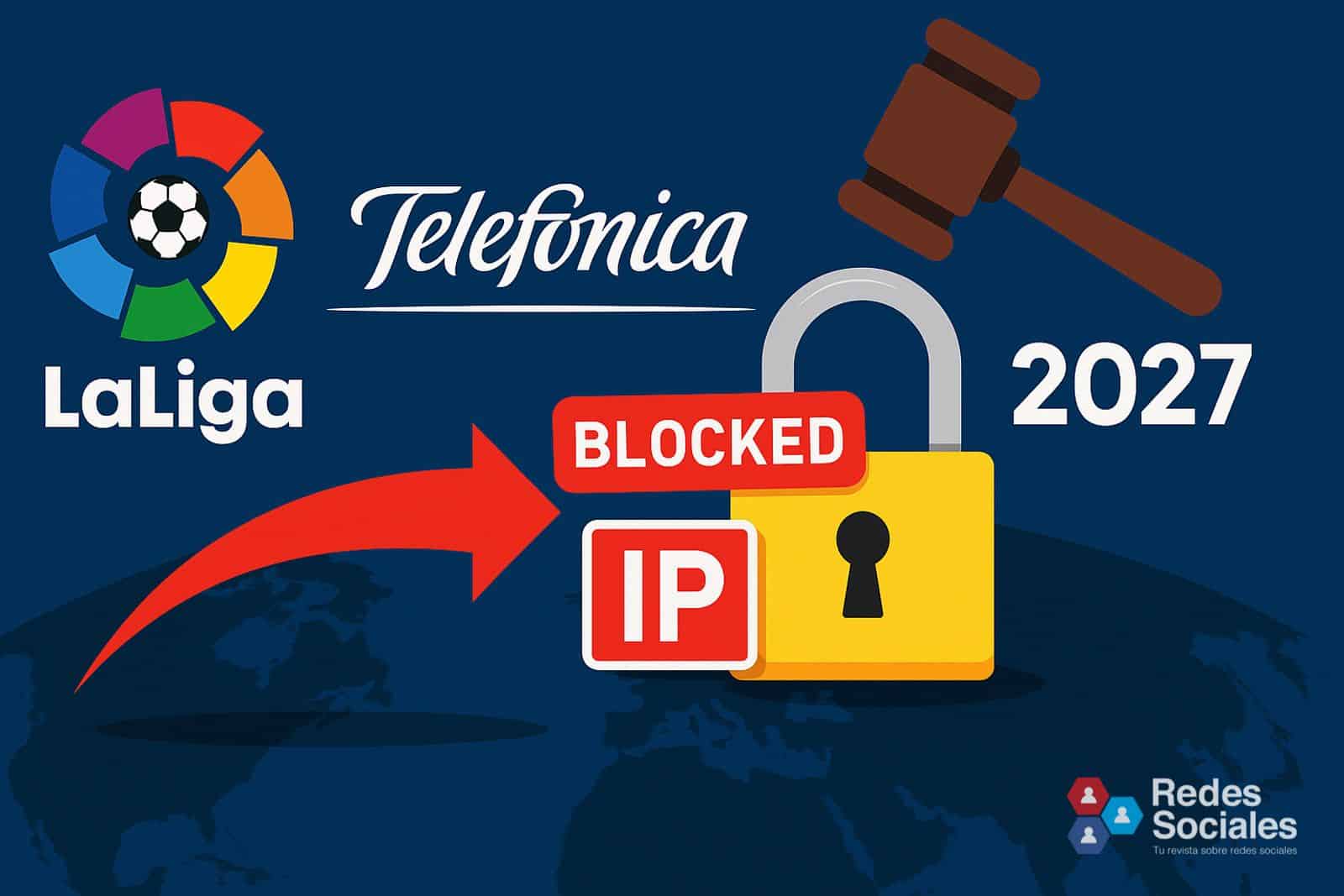Thousands of users in Spain are seeing how some legitimate websites or services suddenly stop working. Why? The mass blocking of IP addresses, supposedly driven by LaLiga to combat audiovisual piracy. However, this type of measure is also affecting many legal services that have nothing to do with the broadcasting of sports content.
In light of this situation, many citizens are asking: is there anything that can be done? The answer is yes. Anyone can file a formal complaint with the European Commission if they believe that an authority in a member state (like Spain) is violating European Union legislation. Below, we explain how to do it step by step.
Why can you file a complaint?
The legal basis for the complaint is found in the Regulation (EU) 2022/612, which guarantees the right of all users to access content and services without unjustified interference. When entire ranges of IPs are blocked that also affect legitimate websites or services, a violation of this right may occur, especially if there is no individualized court order justifying it.
Moreover, this type of blocking could infringe upon other principles such as:
- The net neutrality, which prevents discrimination or interference with internet traffic.
- Equitable access to digital services.
- The freedom of information and business, protected by the EU Charter of Fundamental Rights.

Step by step: how to file the complaint
- Access the official form Go to the European Commission’s complaint portal: 👉 https://ec.europa.eu/law/application-eu-law/report-breach/es/check-your-criteria
- Verify if your complaint is valid You will be asked a series of questions to confirm if the Commission is competent in your case. For example:
- Is the complaint against an EU country? ✅ (Yes, in this case, Spain)
- Is it a case of incorrect application of EU Law? ✅ (Yes, for potential violation of Regulation 2022/612)
- Click on “Make a complaint” Once you confirm the criteria, you will see a button that allows you to start the process.
- Fill out the form You will need to indicate:
- Your personal details (you may remain confidential)
- The national authority involved (for example, Ministry of Culture, CNMC, courts, or even internet providers)
- A clear description of the facts: explain how the mass blocking of IPs affects legitimate pages that you use, without being related to piracy.
- Cite the regulations you believe have been violated: Regulation 2022/612, articles concerning net neutrality and non-discriminatory access to the internet.
- Attach evidence if you have it If possible, include screenshots, lists of affected IPs, communications with your provider, etc.
- Submit the complaint After reviewing everything, you can submit the form and receive a reference number. The Commission will evaluate whether to initiate infringement proceedings against the member state.
What impact can this complaint have?
While there may not always be an immediate response, if enough people file well-founded complaints, the Commission may open an investigation and request explanations from the Spanish government. In serious cases, the matter could even be brought before the Court of Justice of the European Union.
Can I do it even if I’m not a lawyer?
Yes. This form is designed for any European citizen. You do not need legal knowledge, just explain your situation clearly, honestly, and thoroughly. If you have questions, you can consult with digital rights advocacy groups like Xnet, EDRi, or FACUA.
Final reflection
The mass and opaque blocking of IPs by operators or private entities, without a clear court order and without transparency, raises serious legal and ethical questions. If blocking an IP address is allowed because a website links to content, what prevents applying the same logic to social networks, blogs, or forums?
Therefore, if you feel that your digital rights are being violated, filing a complaint is a legitimate and necessary step. And you are not alone: the more of us there are, the harder it will be to ignore the problem.

